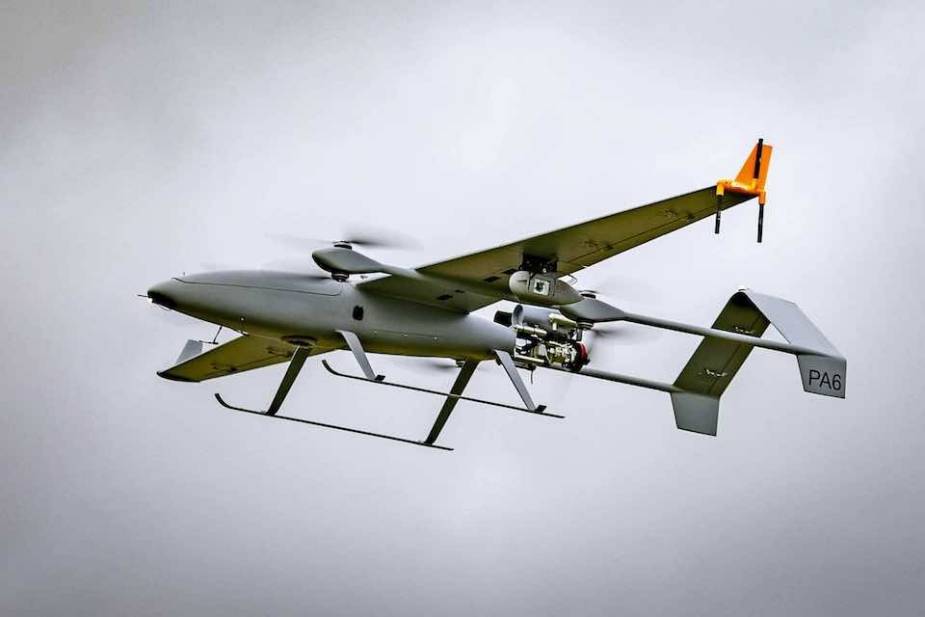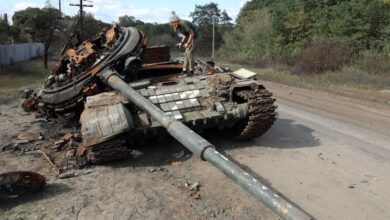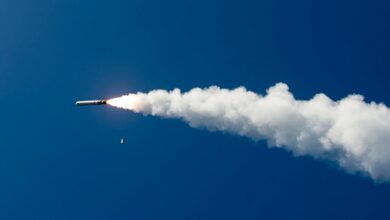The US Office of Naval Research Global (ONR Global) has partnered with the UK Royal Air Force to conduct their first-ever drone flight test using synthetic fuel.
Synthetic kerosene is fossil fuel-free and derived by mixing materials with high sugar levels, such as food waste, with bacteria to make an oil-like substance. This substance is then converted into fuel using chemicals and heat.
Synthetic fuel has an approximate composition and comparable specific energy to natural fuel.
Around 15 liters of synthetic fuel were used during the trial, allowing a fixed-wing drone to fly for 20 minutes in Southwest England.
The trial reportedly showed that the fuel “performed consistently” to a high standard.
“It is exciting and game-changing to work with our allies in the UK to develop a more efficient synthetic aviation fuel,” Chief of Naval Research Rear Adm. Lorin C. Selby said, adding that the US is committed to finding innovative solutions to operational challenges.
He further stated that manufacturing alternative fuels without requiring tremendous infrastructure is “groundbreaking” for the armed forces.
‘Forefront of Technology’
Work on the historic synthetic-fueled drone flight began in 2018 as the world accelerated the transition to electric propulsion and synthetic fuels as solutions for commercial aviation.
ONR Global then sponsored work to combine technology to convert a biological molecule into a high-performance, drop-in synthetic kerosene.
“The RAF needs to ensure that we are at the forefront of technology to safeguard our own resilience and operational capability, whilst minimizing any impact on the environment,” RAF Air Vice-Marshal Lincoln Taylor explained.
He added that the cost and increasing global demand for natural fuel would continue to impact the service’s operations negatively. Synthetic fuels are a potential solution to this problem.
ONR Global lead science director Patrick Rose stated that work on synthetic fuels for military applications is an excellent example of how researchers can harness biotechnology to change the world.
“We should no longer disregard the critical importance of leveraging biomanufacturing as a strategic investment for national security,” he stressed.












